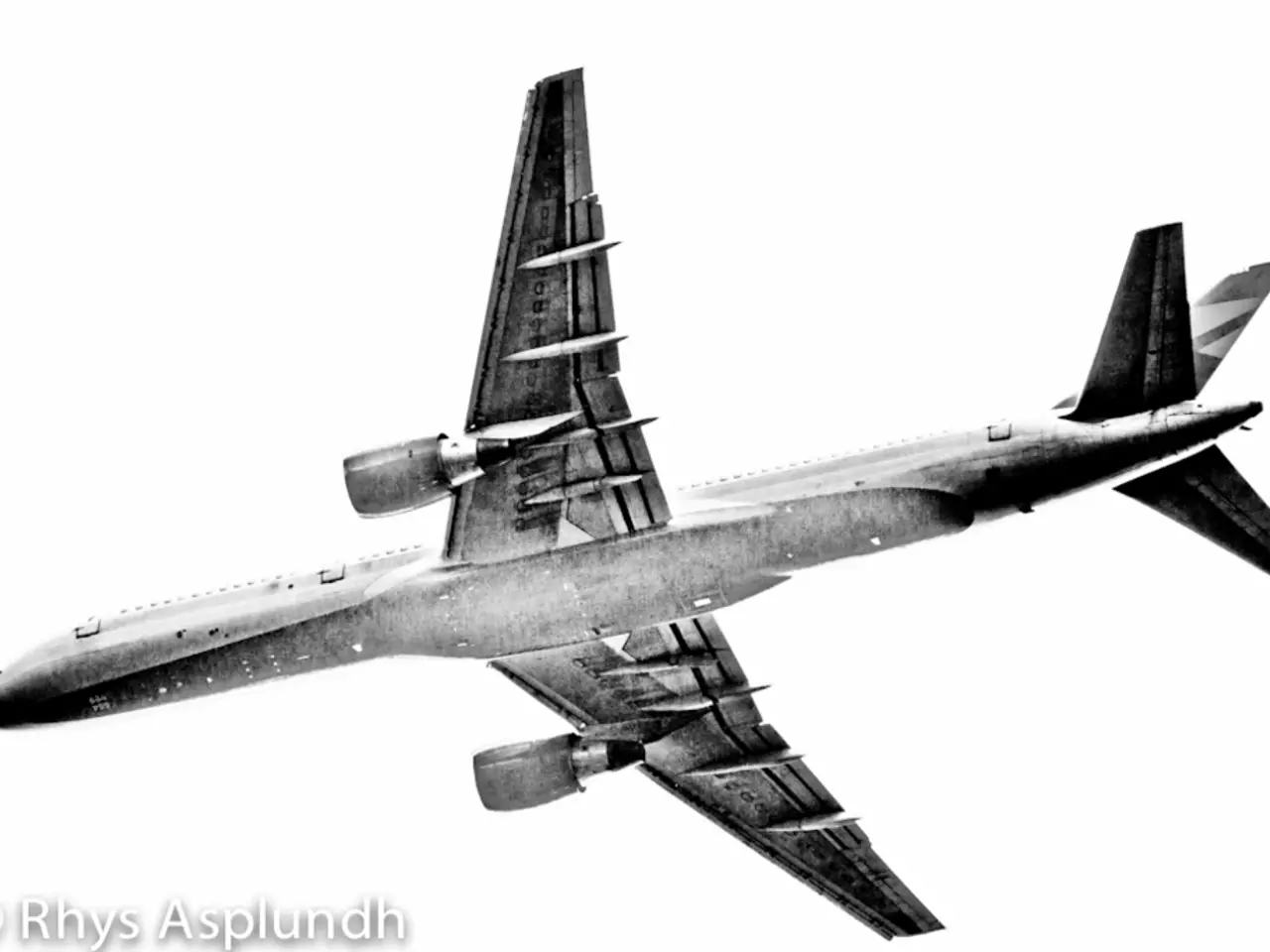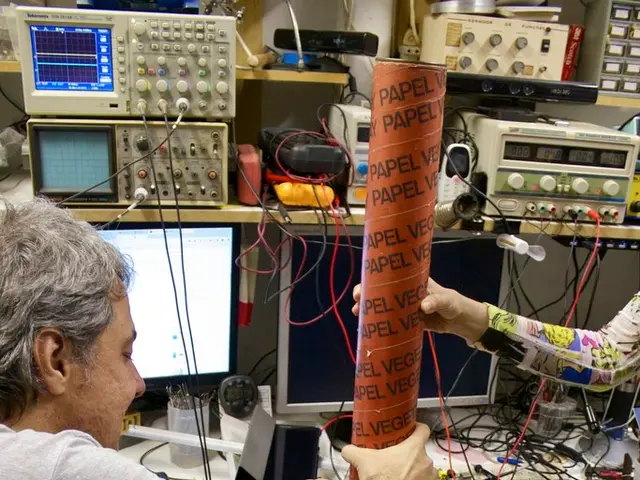Delivery by drone potentially causing decline in courier profession, according to Transportation Ministry
In the near future, Russia is expected to see the development of drone delivery. However, the impact of this technology on courier services in Russia, including timeline and job market trends, remains unclear.
The search results primarily focus on military and defense-related drone production and deployment by Russia, especially in the context of the war with Ukraine. Russia has significantly increased its military drone production since 2022, with production surging 2.5 times in 2024 versus 2023, and further increasing fivefold within less than a year afterward. The Russian government has allocated billions of rubles to develop UAV technologies, primarily for military applications.
The drones are primarily used in warfare, with thousands launched monthly against Ukraine, indicating a strong emphasis on defense rather than civilian drone uses. There is no indication in the results of widespread commercial drone delivery development or infrastructure expansion in Russia akin to what has happened in some other countries' courier markets.
The intense military drone focus, backed by state funding and production scale-up, suggests any civilian drone delivery sector development, if present, remains overshadowed or underreported in these sources.
The head of the Ministry of Transport, Andrei Nikitin, has stated that drones could replace human couriers. He mentioned that there are experiments related to drone deliveries and expects active use of drones in delivery to begin in two to three years. However, no direct information about how this military drone expansion has affected the civilian courier job market is provided in the search results.
In a separate context, the demand for courier services may decrease due to the development of drone delivery, according to Nikitin. The median salary for couriers in Moscow, Russia, was 115,000 rubles per month last year, but no data was provided about the salaries of couriers in other cities of Russia besides Moscow. Recruitment agencies provided the data on the salary of couriers in Russia.
It is important to note that no comparison was made between the salaries of couriers in Russia and other countries, and no information was provided about the salaries of specialists with higher education in Russia. Intriguingly, the salary of couriers in Russia was found to be a significant figure compared to the income of specialists with higher education.
An "explosive growth" in the use of unmanned technologies in agriculture is expected in the near future, but the implications for the courier sector remain uncertain. As more information becomes available, it will be interesting to see how Russia's drone delivery development unfolds and its potential impact on the courier services and job market.
The drone delivery sector in Russia, if present, may be overshadowed by the significant growth in military drone production and use in warfare. Despite the head of the Ministry of Transport's statement about drones replacing human couriers, there's a lack of direct information about how military drone expansion has affected the civilian courier job market.
The development of drone delivery could potentially lead to a decrease in demand for courier services, as suggested by Nikitin. However, the exact implications for the courier sector, including job market trends, remain uncertain due to the focus on military drone technology in Russia.




